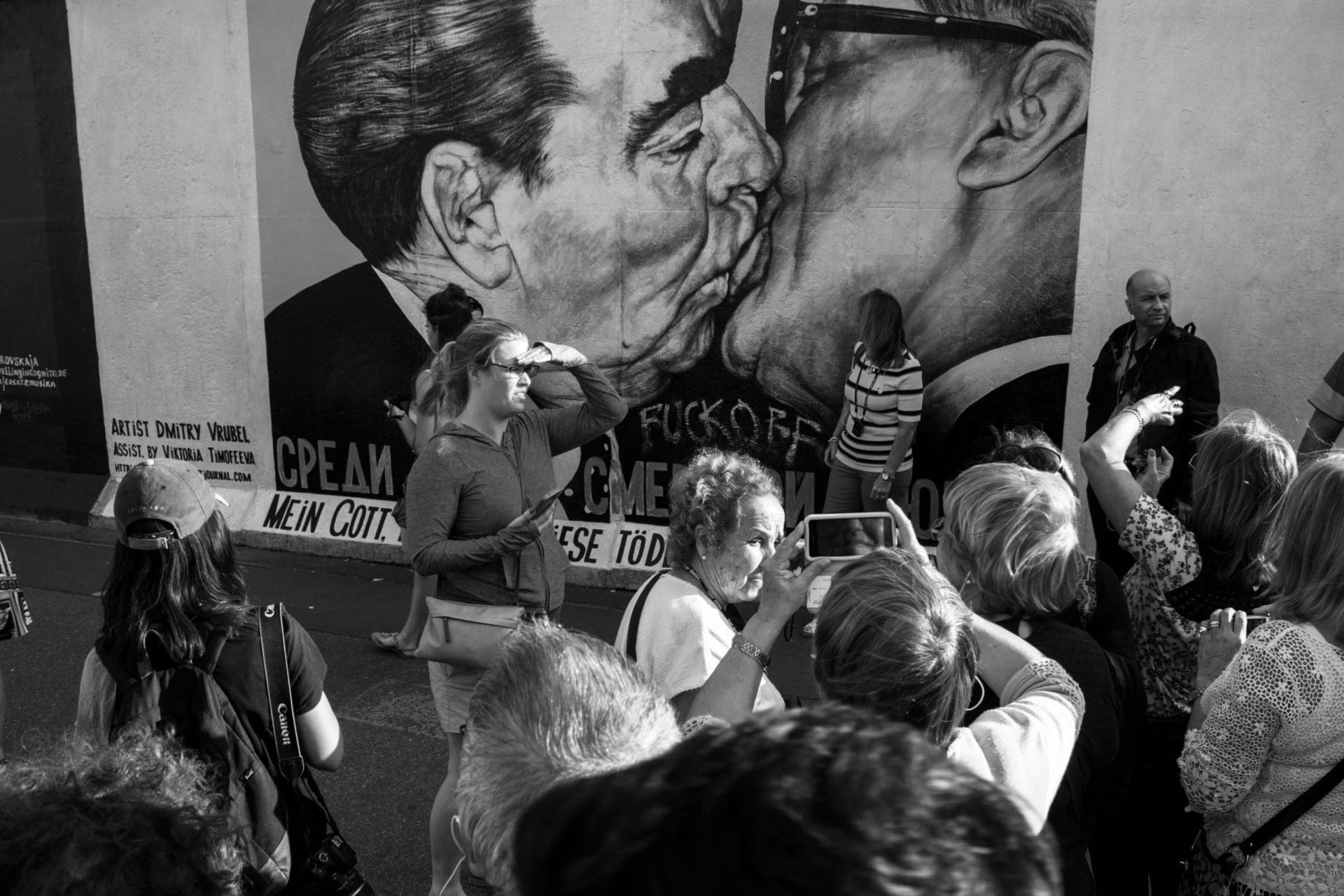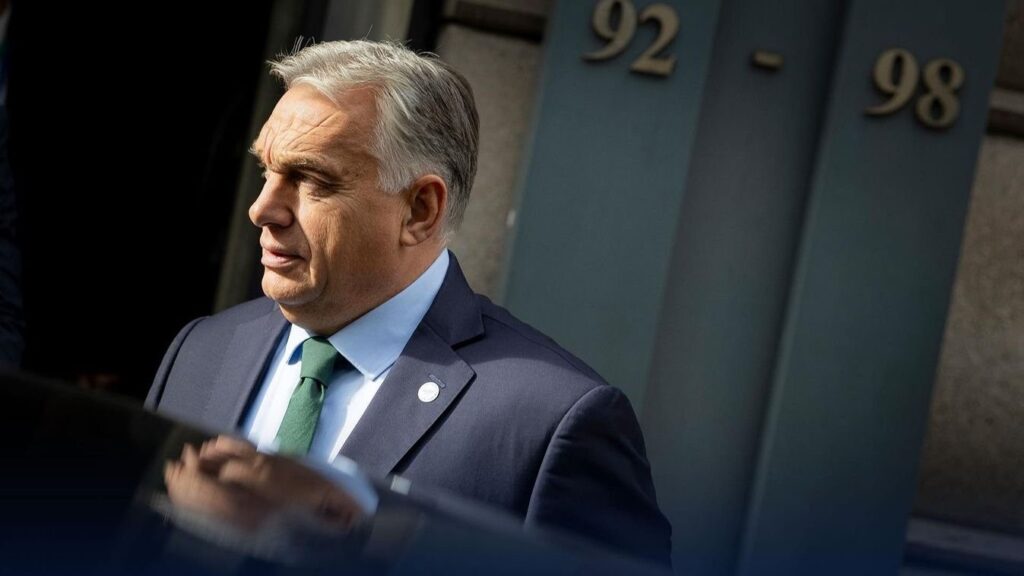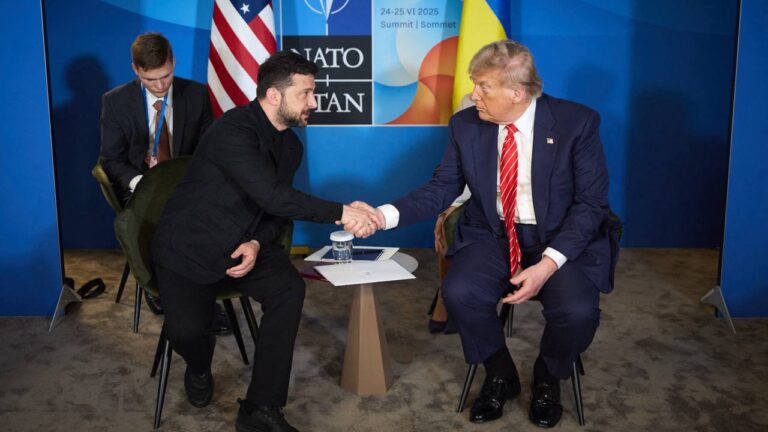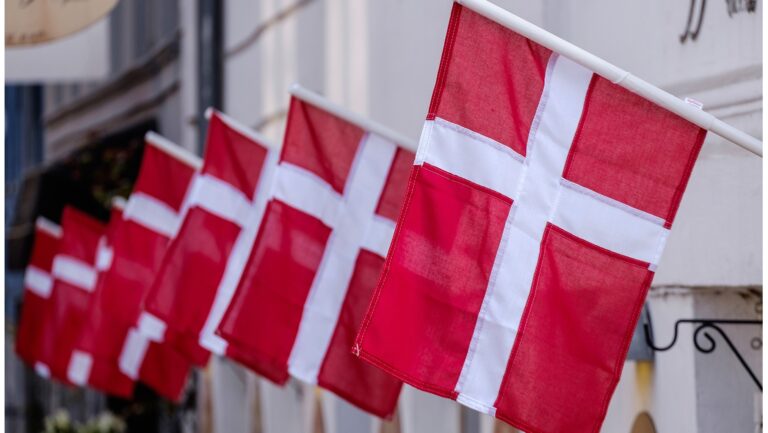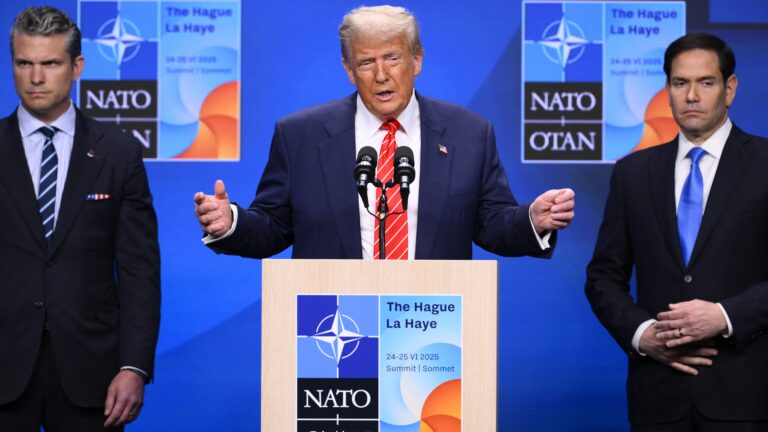Jottings 1
1. The Politics of Europe and the Betrayal of Central Europe
At this moment, political tensions within Europe are high, particularly within the European Union. This is the result of a different political atmosphere between the majority of Western countries—Germany, the Benelux countries, Scandinavia, and Brussels, as the centre of the European Union, on the one hand, and Poland and Hungary on the other. One can trace the roots of this different atmosphere back to twentieth-century history. The difference in the respective political climates is the result of different political cultures, diverging slowly but inexorably, like the blades of a pair of scissors, because of the different political experiences of the respective communities. One issue plays an exceptionally important role in this story, which I will refer to somewhat rhetorically as the betrayal of Central Europe.
2. Which Way to Go, Hitler or Stalin?
Let us start on the eve of the Second World War. After the Molotov–Ribbentrop Pact, signed in August 1939, the simple, tragic dilemma before the West was: of two mortal enemies, which ought they to pick? Hitler’s Nazi Germany or Stalin’s communist regime? Most importantly, the West had to win over the US to enter the war, but even then, the combined might of two fully armed, aggressive enemies would have been too much for them. Therefore, they had to do their best to divide the totalitarian coalition. In the end, they decided to court Stalin as an ally, against Nazi Germany and its allies, including a somewhat reluctant Hungary. And the strategy worked. Hitler’s Germany lost the war, and the Allies rid the world of Nazi occupation.
3. Churchill’s Deal with Stalin
However, Central and Eastern Europe remained hostage to Stalin. He obtained this occupied (and liberated) territory under the terms of a geopolitical bargain. It was the secret, informal ‘percentages agreement’, proposed by Churchill, and accepted by Stalin (although ultimately amended to the Soviets’ advantage) at the Fourth Moscow Conference in October 1944, which decided the issue. It is worth recalling that Churchill called it a ‘naughty’ document, and in fact wanted to burn it, but Stalin suggested that he, Churchill, should keep it. The agreement amounted to not much less than the division of Europe into two spheres: free and hostage parts. In other words, at Churchill’s improvised suggestion, the West conceded the territory east of the River Leitha to Stalin’s Soviet Union.
4. Churchill’s Cynicism
This is how Churchill recalls the event: ‘I pushed this [the piece of paper] across to Stalin, who by then had heard the translation. There was a slight pause. Then he took his blue pencil and made a large tick upon it, and passed it back to us. It was all settled in no more time than it takes to set down.’ Churchill does not finish the story here. He adds: ‘At length I said, “Might it not be thought rather cynical if it seemed we disposed of these issues, so fateful to millions of people, in such an off-hand manner? Let us burn the paper.”’ ‘“No, you keep it”, said Stalin.’ And this is how Mark Dunton, the curator of the exhibition of this historical piece of paper in London’s National Archives called Britain’s Cold War Revealed (2019), puts it: ‘It’s potentially incredibly significant—the fate of millions being decided with the stroke of a pen as a result of a casual meeting.’2
5. The Cold War from beyond the Iron Curtain
While the Marshall Plan and American support helped Western Europe to emerge from the chaos of the Second World War, the Soviet occupation of Central and Eastern Europe meant that this part of the world remained under the totalitarian control of Russian-style communism. This meant the oppressive rule of a Russian-dominated empire, as reorganized in accordance with the ideology of communism. People in these territories had to learn their lessons of survival, including brutal things, like spying on one another, betraying their friends and family, and abusing what power they had. Instead of learning the lessons of democracy, they learnt the lessons of survival under totalitarian rule. This lesson taught them the following: do not trust one another, do not trust your neighbour. Yet there were differences how people interpreted this lesson. If you compare Koestler’s Darkness at Noon and Andrzej Wajda’s films, you see how differently people reacted to these lessons. There were those who became traitors, those who managed to survive, without actually harming others, and finally those who became heroes.
6. Central Europe’s Repeated Attempts at Liberty: 1956–1968–1980
The West could never effectively help these hostages—except by letting Austria escape the Soviet zone in 1955
The West could never effectively help these hostages—except by letting Austria escape the Soviet zone in 1955. The fact that in Austria, unlike in Germany, the West and the Soviets controlled the whole territory together after the war, helped this geopolitical manoeuvre. Certainly, in the Cold War, such help was hardly available for any other countries. The sad fact remains that the West left the three major revolutions of the Eastern Bloc unaided. This is a most serious issue, as the Hungarians in 1956, the Czechs and Slovaks in 1968, and the Poles in 1980, risked a great deal to regain their liberty, by rising up against a totalitarian power, and in this way supporting the cause of liberty in Europe. The free world sometimes promised support, as in 1956 to the Hungarians, but never made good on those promises. To be sure, large numbers of immigrants from Eastern Europe were welcome in the West. Yet those parts of the hostage populations which remained at home never experienced any tangible support from the West. In that sense, the countries of Central and Eastern Europe felt abandoned.
7. The Two Faces of 1968
The protests of 1968 in the West (Berlin, Paris, US university campuses) were nothing but an outbreak of leftist passions against the legitimate rule of the state. They brought with them a denial of authority, loyalty, and deference. These virtues were replaced by an extreme form of egoism and self-love.
The apostles of this movement—among them Marcuse, Foucault, and Derrida—wanted nothing less than a liberation of the self from external social and economic constraints.
In the East (mainly Prague), 1968 was straightforward totalitarian aggression led by Soviet tanks, against the dynamic initiatives of a reform wing of the legitimate rulers in Prague and their supporters among the public. It brought with it a destruction of hope, and a silence of international justice.
While the Western 1968 was a moment of rebellion against the authority of the legitimate state, which led to a breakthrough in the culture war, the Eastern 1968 was a disaster for the peoples of Czechoslovakia, and another instance of the loss of trust in Western assistance.
8. Peaceful but Socially Subservise Regime Change
In the 1980s the transition from communism to liberty was signalled by the miraculous movement of the Polish Solidarność—in coalition with the Catholic Church—once again oppressed but never mastered by the martial law of Jaruzelski’s totalitarian state. The years of 1989 and 1990 were surprisingly peaceful in many countries of the region. Certainly, there was war in the Balkans and there was bloodshed in the streets of Romania, as well. But even in Czechoslovakia, the transformation was called a ‘Velvet Revolution’. In both Poland and Hungary, those in power, the ruling elite of the party and its apparatus, arranged things with the institutional help of round table negotiations, in order to ensure their survival in the next regime. In fact, the last communist rulers and their business networks survived relatively well, and were in some cases the economic winners of the political transition.
Yet there is no immediate gate to heaven on earth. What the transition brought to these societies was economic disaster, huge increases in unemployment, and individual plans for the future left in ruins. The people had to pay the price of the regime change, which was once again decided around distant tables, by world leaders including Reagan, Bush Sr, and Gorbachev, respectively.
9. Joining the EU, Phase I – Waiting in the Lobby
Even after the fall of the Iron Curtain, the West did not make it easy for the former Eastern Bloc countries to join the institutional framework of what came to be the EU. First, they wanted to teach the ‘new’ Europeans (what a strange concept) how to behave properly in the democratic world. Then their state-owned and private companies captured state property in the region for depressed prices, or bought the market for their own products. The West left these countries out of the EU for no less than fourteen years. They had to wait in the lobby, once again allowing Western firms to capitalize on the situation. And crucially, no Marshall Plan or any substantial help of a comparable size arrived to consolidate the fatal economic and financial consequences of the transition. Neither of these factors helped to establish a balanced relationship between the West and Central Europe, as the East remained dependent on the mercy of the financial markets and the major European and global economic players.
10. Joining the EU, Phase II – Old and New Europe
The first group of countries from the old Eastern Bloc were able to join the Union in 2004. This included Hungary, a country which started the process in relatively good conditions, except for its large public and private foreign debt. Yet there remained a major dividing line between the political (and business) culture of countries from either side of the former Iron Curtain. This divide was made even deeper by the political language of the day, which distinguished between old and new Europe. As if it had been the choice of the Central European countries to check out of Europe in 1945.
The EU institutions and the major European powers kept treating the countries of new Europe as second-rate members of the Union. A clear sign of that is the double standard, manifesting itself in accusations against the countries of new Europe of unacceptable social phenomena, including anti-Semitism and homophobia. The malfunctions of the Union generate a growing tension between the two political regions of Europe, as the recent procedures against Poland and Hungary show.
11. The Rise of the Radical Woke-Left in the European Institutions
The legal treaties described the EU and its institutional apparatus as politically neutral, restricted only to the execution of the common decisions of the member states. The elite of the institutional infrastructure, however, soon became politically active, fabricating wild political narratives, or even new discourses and agendas. This is true of the Commission, which since its last president, has decided to take a well-defined political track, of the Parliament, dominated by radicals, and of the European Court of Justice, which is trying to legislate instead of deciding legal disputes.
But the rise of the radical ‘woke’ left is a new phenomenon. It is a sign that global political fashions can have direct appeal within the EU bureaucracy as well. Yet this ideology sounds rather alarming to a public which had direct experience of the left radical ideology in a totalitarian communist state. The penetration of the radical woke-left ideology into the language and thought of the European institutions is, therefore, a menace in the eyes of millions of people in the former Eastern Bloc.
12. The Affair of the Red Star
To understand Central European sensitivities, and to see why people here detect an overall, European Union-level apathy or even antipathy, let us recall the issue of the red star, one of the most important symbols of Soviet communism. Hungarian lawmakers banned the use of the red star in public, as the symbol of a totalitarian regime. The Hungarian Constitutional Court confirmed and ratified that legislation, defining the limits of its use as well. Then, however, the European Court of Human Rights ruled that the red star could not be fully and exclusively
associated with the communist regime, and therefore banning it would be a breach of the right of freedom of expression. There was a famous case in which Heineken successfully defended its use of the red star on its products, claiming that it was introduced by the firm much earlier (in fact, in the Middle Ages), and therefore accusing them of popularizing communist symbols is misconceived. From a Central European perspective, the logic to consider is this: 1) A totalitarian regime used the red star as its symbol. 2) That totalitarian regime committed crimes against humanity. 3) Should we accept the continuing use of the red star in our community, members of which have suffered under that regime? 4) If not, how can we legitimately defend ourselves against the continued use of that symbol?
13. Central European ‘Hubris’
Of course, sheer self-pity does not lead anywhere. Instead, it operates like an act of substitution, blinding one to the real problems that one should confront, and takes away the power to stand up for and defend oneself. Citizens of Central European countries are often guilty of that sort of self-pity. We are inclined to be proud of our suffering, competing with one another in terms of pain, duration, and lasting consequences. I label this attitude as Central European hubris. It is a form of self-regard, which is founded on the memory of painful suffering or at least on a sense of humiliation, and on this basis, erects monuments to one’s own individual greatness. In particular, Central Europe is ready to take the moral high ground against the West, whose responsibility for new Europe it is all too aware of.
Central European elites should be courageous enough, therefore, to resist that temptation of hubris, as Odysseus circumvented the temptation of the sirens
Central European elites should be courageous enough, therefore, to resist that temptation of hubris, as Odysseus circumvented the temptation of the sirens. Rather, they should help the birth of a general sense that we should come to grips with the past and move on towards the next hurdle. Still, complete oblivion, a total abandonment of the past, is not helpful. Instead, there is a real need to process the past and reach a reconciliation with the political community’s rivals and opponents, inside and outside. The natural form of such a reconciliation is an exchange of mutual gestures between the partners concerned. However, before arriving at that concluding theme, let us have a look at another schism within our community: the one between our children and us. This is a schism which runs through the heart of our most immediate and intimate networks of love, those of our families. It is crucial to see clearly what is at stake on that level, crucial for any political community, as we know it from the classics of Greek political philosophy and literature. A reasonable family policy is a clue for a healthy atmosphere in the future.
14. Cultural and Generational Barriers
Certainly, one should be careful with generalizations. Personal choice, taste, experience, knowledge, and Weltanschauung makes real differences. Political culture frames people’s perspectives and their reservoir of political action as well. If you travel from East to West or North to South (or the other way round) in Europe by car or train (or bike), you can immediately sense (see, smell, and touch) the differences in political culture and social climate. History made its impact, and you cannot simply eradicate it. It is there in people’s stomachs, hearts, minds, and in people’s personal relationships. You cannot eliminate the traces of it from the streets of the cities and villages, or from the faces of the old men and women; even the landscape bears history’s marks on its face.
What is true in a spatial sense is also true in a temporal sense. If you address the same question to three different people, from three different generations, they would each understand it, and answer it, in three different ways. Modernity even accelerates the centrifugal, dissociative effect of history among generations. Fathers and sons cannot understand each other, as their experiential horizon is so different. Grandfathers turn out to be not only the victims of history, but also traitors to their country in the eyes of their sons, and homophobes in the eyes of their grandchildren. You can rarely act in a way that earns the honour of your offspring. Do what you think is proper and suffer the judgement of your closest relatives: politics has the power of divide et impera. But never forget that you have to accept differences and love your beloved—even if you disagree among yourselves—and take care of the education of the next generations, in order to arm them with the conclusions drawn from the experiences of the past, which will enable them to take up the challenges of the future.
15. An East-West Policy of Mutual Gestures, Practical Steps, and Subsidiarity
Love is not a term that fits easily in the political discourse. There, the Aristotelian notion of friendship is the furthest you can go. Although philia, or doing right by one another, is a term that Aristotle does not define precisely, not even in Book VIII and Book IX of his Nicomachean Ethics, where he elaborates his views on the term. The imprecision of his use of the concept does allow us some free interpretation of it. The philosopher’s references include ‘young lovers, lifelong friends’, which seems to suggest that this is once again a personal and intimate relationship, instead of a public connection. Yet his further uses of the term contradict this assumption. In fact, Aristotle comes to use the term as a connection of ‘cities with one another, political or business contacts, parents and children, fellow-voyagers and fellow-soldiers, members of the same religious society, or of the same tribe, a cobbler and the person who buys from him’.3
The main point for us is that Aristotle’s concept of politics, based on the cohesive power of friendship, is different from Carl Schmitt’s agonistic understanding of politics, built on open rivalry and conflict (although there, too, friendship has an important role to play). For while in the eyes of Schmitt, fight is an inseparable aspect of political life even within the community, Aristotle prescribes the norm of friendship. What is more, this is a prescription that is valid not only within the polis, but also between poleis. We certainly know that in the alliances brokered by ancient Athens, the most powerful polis did not take the other partners as equals. Yet Aristotle seems to be recommending friendship even in the international arena, in a normative sense.
Since the fall of the Iron Curtain, the East and the West have ceased to be enemies (earlier there were rockets targeting each other’s capitals), but neither are they—yet— friends in the Aristotelian sense. Mutual gestures of goodwill and friendship are necessary, and certainly practical steps to abandon double standards and achieve a more balanced arrangement of burdens and advantages. While gestures should be immediate, the practical steps will surely take longer to be noticed, even if they take place. No competition between worldviews, please, as this can demolish the slowly built edifice of a more harmonious, pluralistic (as opposed to a united or unified) Europe. We also need more trust in local communities, and their interactions, instead of centralized planning and universal norms (of the stronger).
If both elites (those of the West and of Central Europe, respectively) are ready to follow a more pragmatic political action plan, and rely on a less exclusive and lecturing linguistic regime, we can avoid the worst case scenario, which is the split and break-up of the Union, and a potential internal conflict within Europe.
NOTES
1 This article was written before 24 February 2022, the day of the Russian invasion of Ukraine, but the events occurring that day support its message.
2 Churchill, The Second World War, Vol. 6: Triumph and Tragedy (Boston, 1953).
3Gerard J. Hughes, Aristotle on Ethics (Routledge, 2001).

